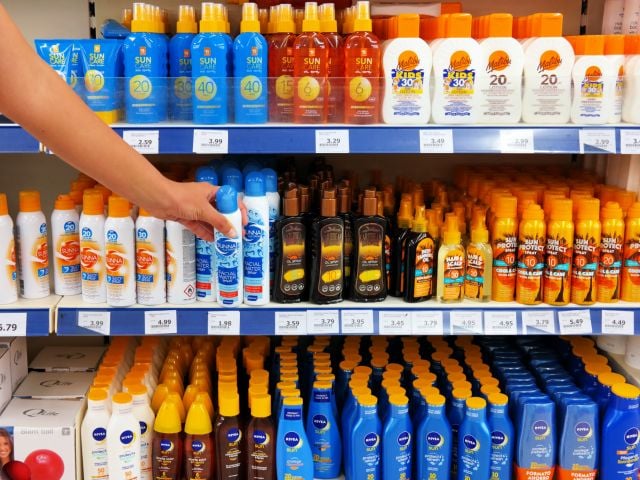
Do you buy soap labeled “antibacterial” thinking it will protect your family from getting sick or spreading germs? You might be surprised to learn that regular soap works just as well.
Using plain soap and water to wash your hands is one of the easiest and most effective ways to stop germs from spreading at home, at school and in the community. This is even more important when seasonal diseases catch hold, such as with the summer’s surge in Covid-19 cases. Germs that cause illnesses like the flu, colds and Covid-19 spread quickly, especially when you touch your face, food or shared surfaces.
Regular hand washing helps keep you and others healthy. Soap lather lifts germs from the skin, and are then washed away. The scrubbing and rinsing action does the important work to remove the germs, not the extra chemicals in antibacterial soap. So there’s no need for most people to use it.
And the Centers for Disease Control and Prevention says antibacterial soap provides no more health benefits than plain soap and water for preventing illness. In fact, it might do more harm over time.
The problems with antibacterial soap
Antibacterial soap, also called antimicrobial or antiseptic soap, contains chemicals added to kill bacteria. While that might sound like a good way to stay safe, health experts say the extra ingredients aren’t necessary.
In 2016, the Food and Drug Administration banned chemicals like triclosan or triclocarban in antimicrobial consumer soaps, because they weren’t proven safe for long-term use or better than plain soap at stopping illness.
Antibacterial soap use is troubling for several reasons. First, it doesn’t kill harmful bacteria only, it also kills the bacteria that help protect your skin and body.
Long-term use of these soaps can prompt bacteria to resist antibacterials, including antibiotics, which means infections could become harder to treat in the future. Many antibacterial soaps are formulated with harsh chemicals, which raises concerns about their health and environmental risks. Regular soap and water are safer and more gentle on your skin and better for the planet.
How to tell if a soap is antibacterial
It’s easy to identify an antibacterial soap. Common antibacterial ingredients to look for include benzalkonium chloride, benzethonium chloride and chloroxylenol.
Another sign is a “Drug Facts” label, which is required for products with antibacterial ingredients. If you see this label, the soap likely contains chemicals designed to kill bacteria.
Store shelves are packed with hand soap options. To help you choose among them, we hunted for the best products based on ingredients.
In addition to the products we’ve listed below, you can also look for the EWG Verified® mark on store shelves or online in our Skin Deep® cosmetics database. The mark lets you know a hand soap is free from EWG’s chemicals of concern and meets our strictest standards for health and transparency. You can also download our Healthy Living app to make your search easier on the go.
Here are some soaps that prove you don’t need antimicrobial products to clean your hands and protect against germs.














.jpg?h=d465f664&itok=WYq977wp)
